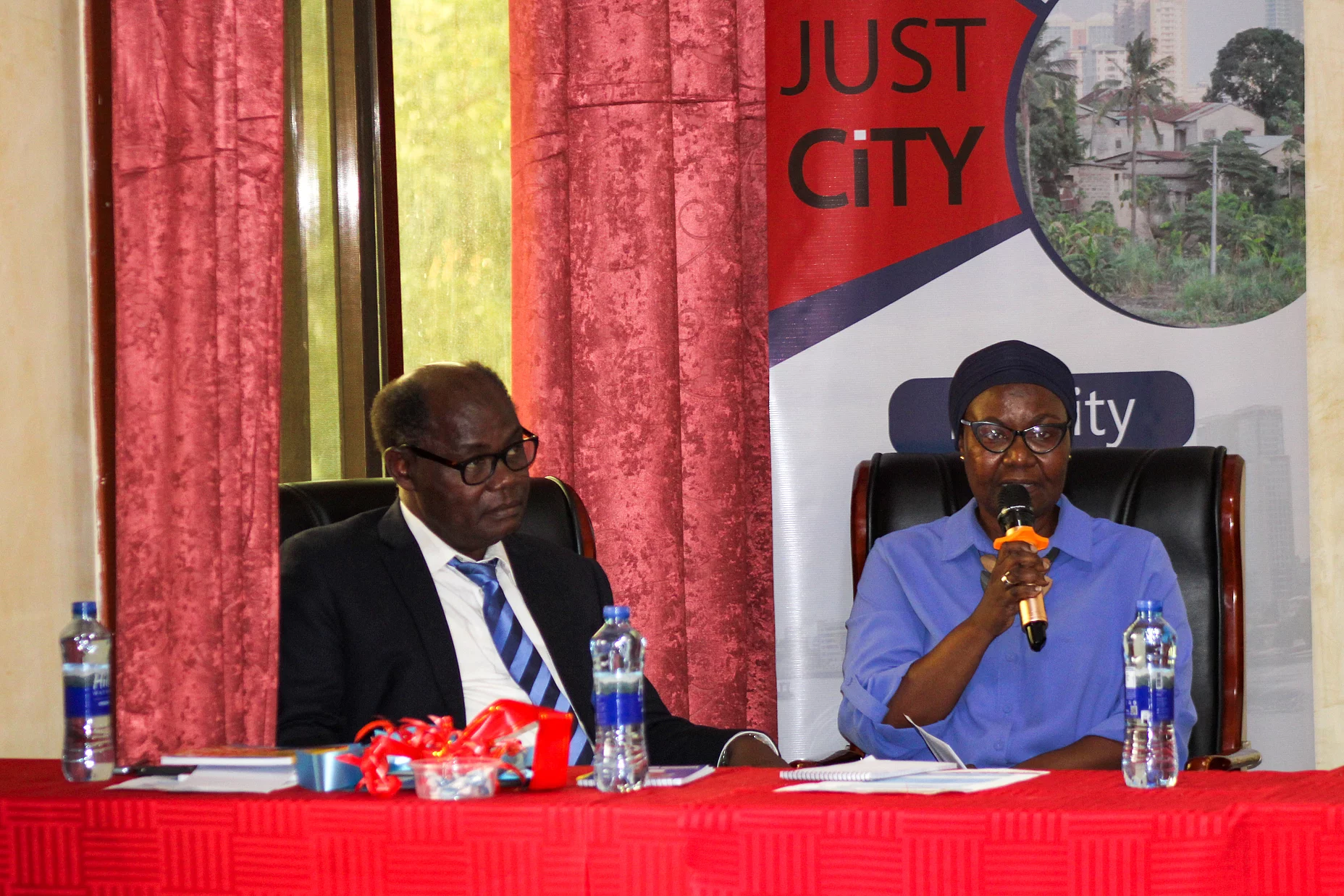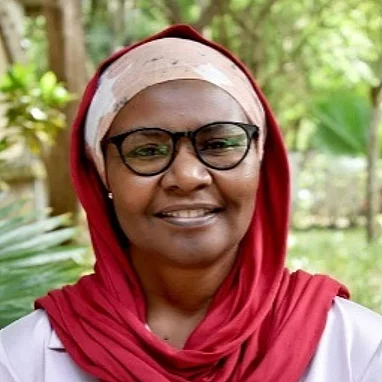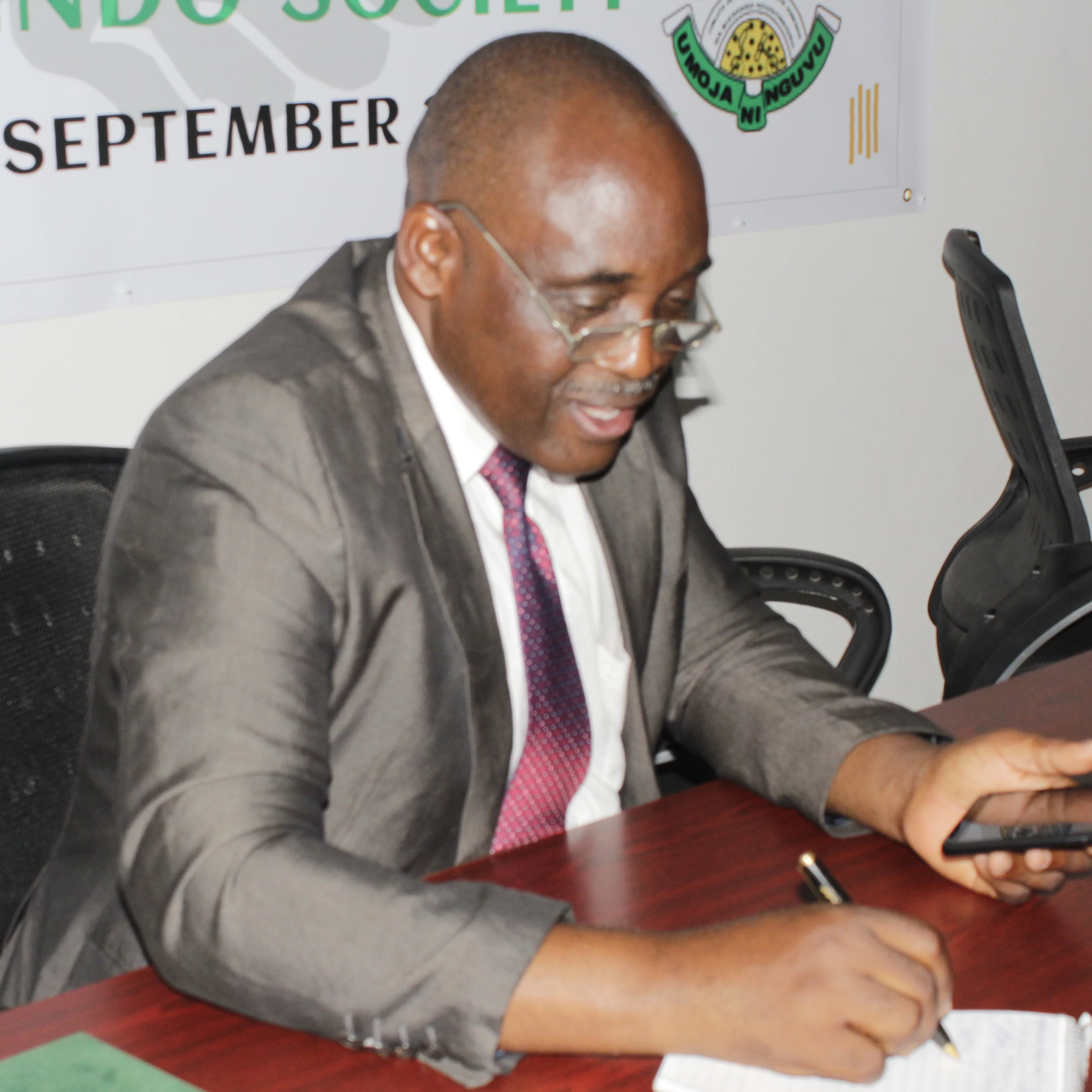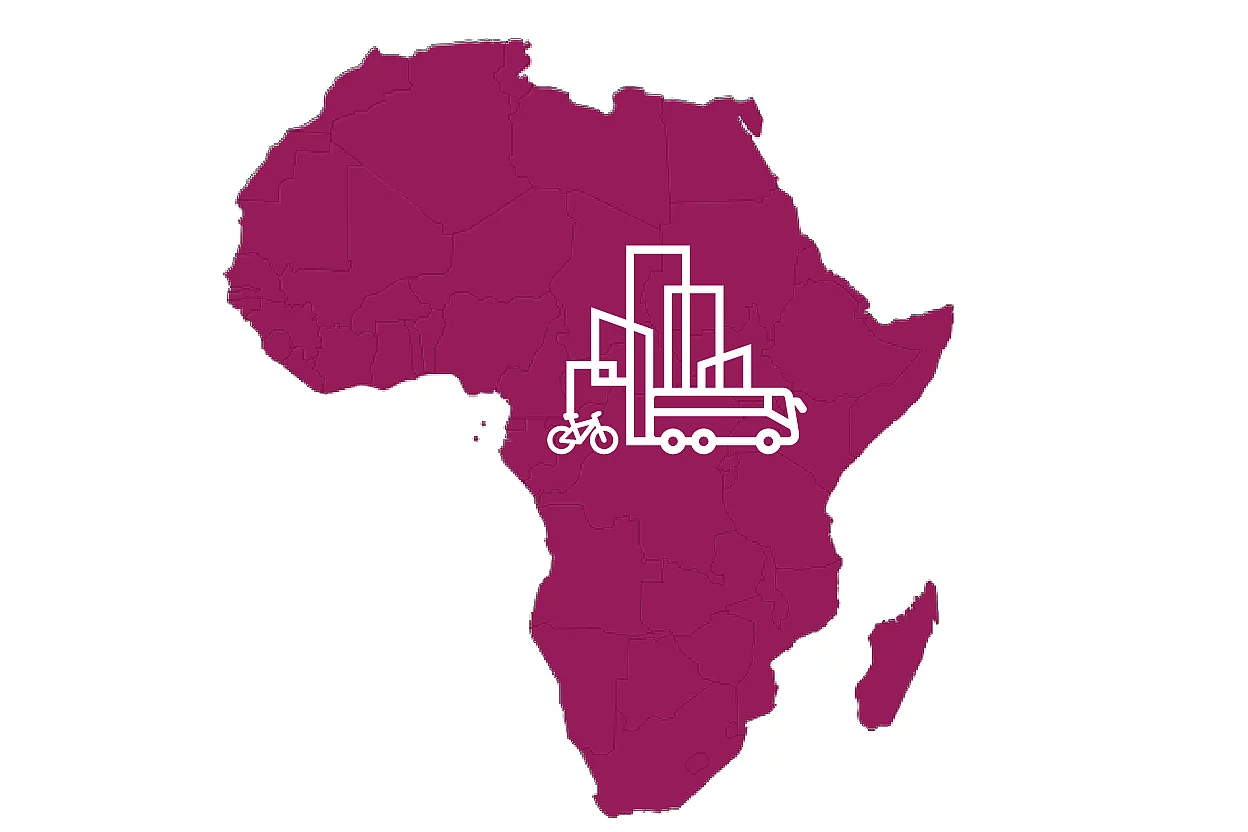Just City Platform (JCP) in Tanzania
Learn more about the platform
What is JCP?
The Just City Platform (JCP) Tanzania is an independent, multidisciplinary coalition of urban practitioners, members of trade unions and civil society organizations, as well as representatives from academia. The coalition aims to contribute meaningfully to discussions on urban housing in Tanzania.
Since its establishment in February 2021 by the Friedrich-Ebert-Stiftung (FES) Tanzania Office, the JCP has created a safe space for like-minded stakeholders to engage in workshops, debates, and strategic meetings. This initiative drives efforts toward achieving socially just urbanization in the country.
Current members of the JCP consist primarily of representatives from academia, alongside members from civil society organizations. They bring valuable skills in research, public policy analysis, urban service delivery, and housing financing to the working group. Additionally, the JCP incorporates perspectives on urban informality and feminist views in urban planning, adding an important dimension to its work.
JCP Objectives
The main objectives of the Just City Platform are to enhance the analysis and understanding of urban informality within the local and national contexts of urbanization. It also aims to develop concrete ideas and proposals for a people-centered urban transformation. Finally, the platform seeks to instigate positive change in urban governance and the regulatory framework governing urban areas.
What do they do
The Just City Platform (JCP) aims to contribute to urban planning processes that prioritize dignity, equity, diversity, and democracy. Currently, the JCP is focusing on housing, advocating for access to adequate and affordable housing for the majority of urban residents.
To better understand the dynamics and complexities of urban informality in Tanzania, JCP working group members conducted a political economy analysis of housing. This analysis provided insights into the political dynamics, economic incentives, key stakeholders and their interests, as well as the institutional frameworks governing urban housing in Tanzania.
In its three years of existence, the JCP has successfully formed a robust alliance of stakeholders, resulting in the publication titled Building the Just City in Tanzania: Essays on Urban Housing. This publication, which stems from the political economy analysis, introduces the housing sector in Tanzania, discusses the major challenges and trends in the sector, and offers a range of policy recommendations to address these issues.
As part of the National Development Vision 2050, the JCP convened a stakeholder meeting to discuss, identify, propose, and submit its recommendations to be included in the TDV 2050. Notably, one of the JCP's recommendations regarding access to affordable housing has been featured in the first draft of this document.
Looking ahead, the JCP aims to build political support for affordable urban public goods, particularly housing, to persuade political parties to include these issues in their manifestos for the 2025 general elections.
Meet the Members
-

Tatu Mtwang Limbumba
Tatu is a Senior Research Fellow at the Institute of Human Settlements Studies, Ardhi University, Dar es Salaam. Dr. Limbumba has a PhD in Built Environment Analysis and specializes in Housing, Informality, Climate Change and Urban poverty. Dr. Limbumba has carried out various consultancy services...
-

Mariam Genes
Mariam is an economist and an Assistant Research Fellow at the Institute of Human Settlements Studies (IHSS), Ardhi University. She holds a Master’s degree in Public Policy Analysis and Programme Management and is currently pursuing a PhD in Urban and Regional Planning at the University of the...
-

Albert Nyiti
Albert Nyiti is a registered town planner with over ten years of industrial experience. He works as an Assistant Research Fellow at the Institute of Human Settlements Studies (IHSS), Ardhi University (ARU) in Tanzania, where he received both his MSc. in Housing and BSc. in Housing and Infrastructure...
-

Gaston Kikuwi
Gaston Kikuwi is an accomplished teacher, economist, and the chairman of the VIBINDO Society. He holds a Bachelor's degree in Economics from the Open University of Tanzania and a Diploma in Business Management. With extensive experience in lobbying and advocacy, he focuses on influencing policies,...
